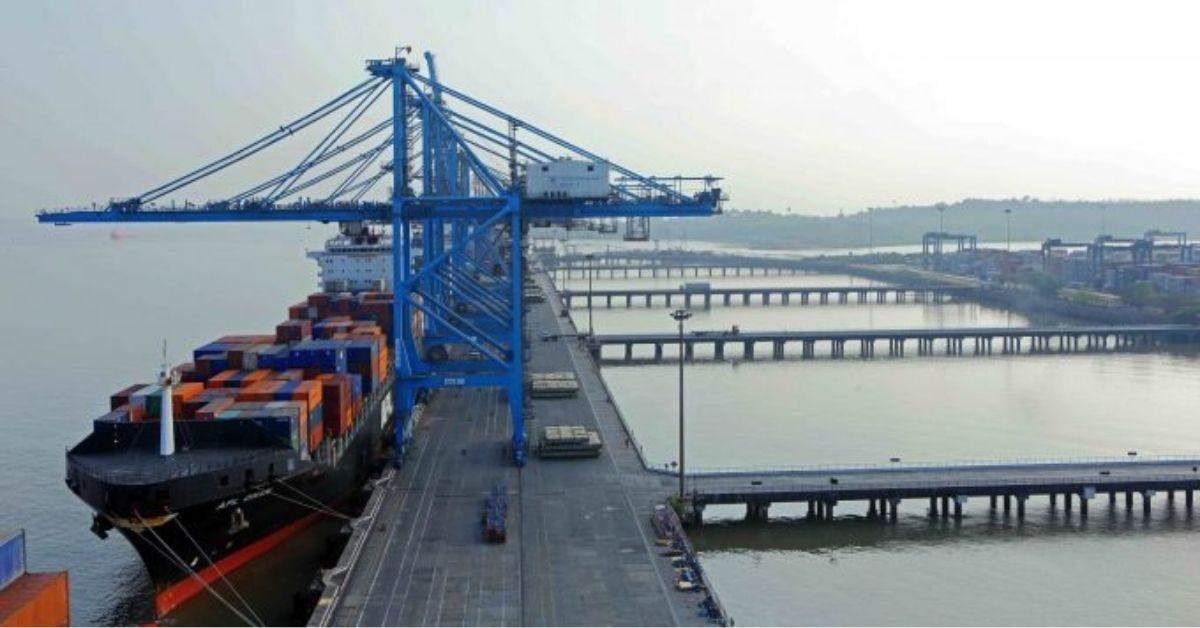Should the model concession agreements (MCA) for PPP projects entered during different periods of time need to have room for re-negotiations during its tenure? With the Draft Indian Ports Bill, 2022 in circulation, there are mixed reactions to this:
Tamil Nadu Finance Secretary, N Muruganandam, in July strongly advocated by urging a level playing field between the old and new PPP projects. “The new guys will be flying while the old guys will be crying,” he said. “This has been there for a long time and needs to be resolved and a decision should be taken to bring all of them under one regime,” he added.
Mixed Reactions
Ravi Kumar, Secretary General, Indian Private Ports and Terminals Association, agrees with Muruganandam.
“We have been pleading with the government to create a level playing field by giving an option to the existing concessionaires to switch over to the new Model Concession Agreement. Government needs to address the larger issue of presence of different operators in the same port competing for the same cargo under different regulatory regimes leading to intense intra-port competition.”
“We suggest that factors like inter and intra port competition, availability of existing capacities, traffic projections may be considered before announcing new projects. We also requested that an option may be given to the existing concessionaires to migrate to the new MCA,” he added.
Old vs New Regime
PSA-Sical is an example of the old regime. With the proposal to develop the third container terminal at VOC port, while PSA Sical and DBGT are under the old regime, the proposed new Terminal will be under the new regime. Similar situations will happen at Vizag, Paradip, JNPT, DPT and other ports also, he said.
Sai Krishna, Vice-President, ICRA, feels that due to PPP projects in the port sector operating under different tariff regimes, there has been growing demand from industry to allow market-based pricing and to address the anomalies arising from the different tariff guidelines. Due to the long period of concession terms of around 30 years, there should be provisions for renegotiation, subject to conditions, to prevent misuse.
But, an official of a large shipping company disagrees on opening up for renegotiation. When a CA is entered, knowing full well the duration of contract, the conditions to be fulfilled, market condition and possible market/business changes, to seek relief under a new dispensation purely because they are favourable, takes away the sanctity of any agreement that are accepted to be fulfilled. Once this becomes the norm, then everyone will enter into agreements waiting for the same to be modified later, he said.
Jagannarayan Padmanabhan, Practice leader and Director, Transport logistics and Mobility, CRISIL, says the port sector has a 25 plus years history in PPP, and a lot has changed in that time. Multiple CAs being in vogue in the same port has led to disparity in risk sharing between the port and the concessionaires for a specific situation in hand. There should not be individual renegotiations, and look at it holistically and have them incorporated for all contracts, if feasible.







